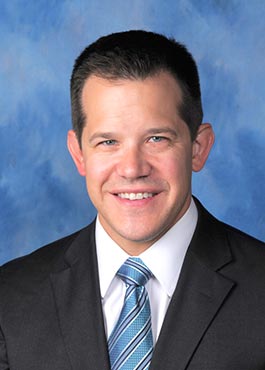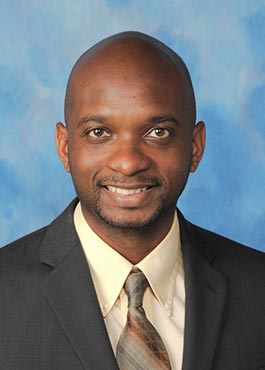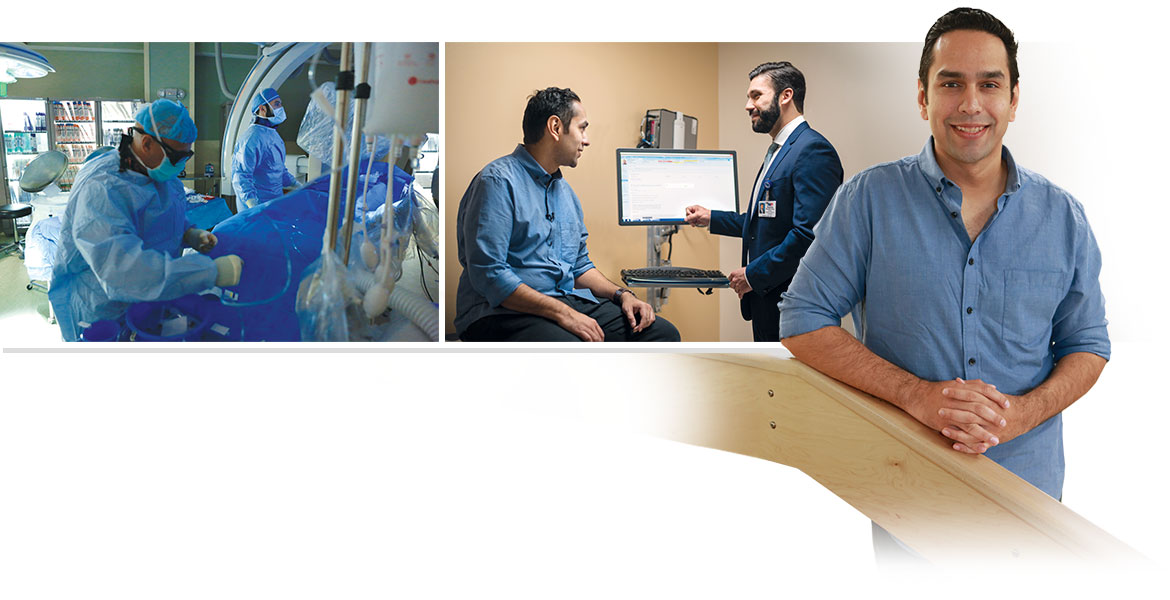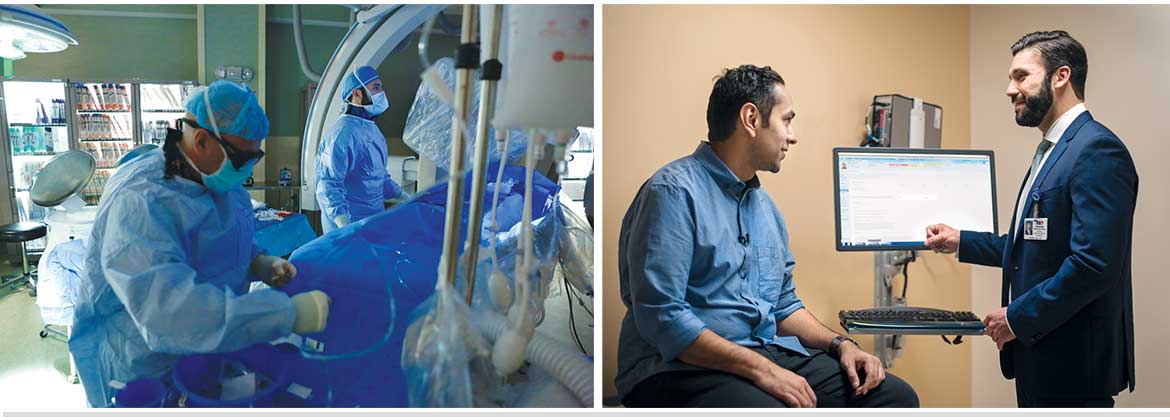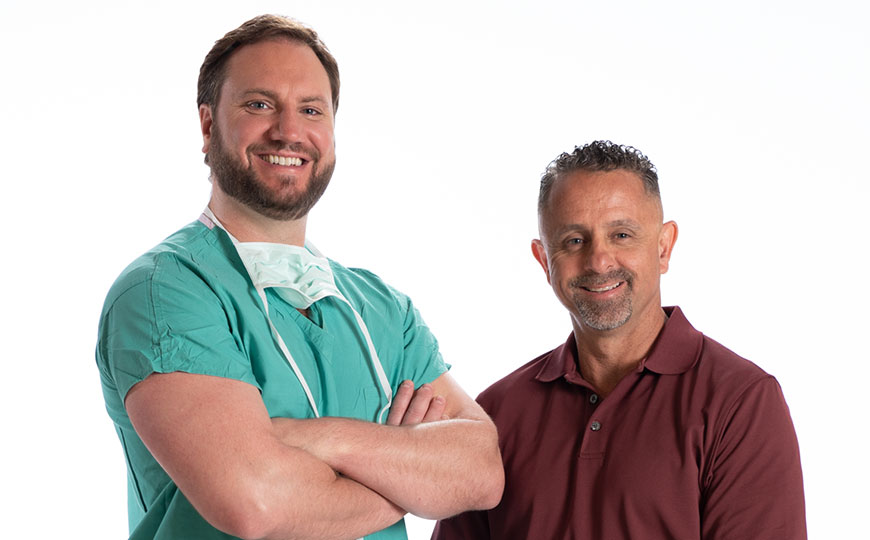Memorial Neuroscience Institute continued to make its mark in 2017 as a pre-eminent regional medical center for treatment of complex neurological conditions and injuries, thanks to the expertise of its multidisciplinary team. Here are just some of the successes we celebrated this year.
Epilepsy Program Brings Leading Technologies, Treatments to South Florida
Memorial Neuroscience Institute was recertified as a Level 4 Epilepsy Center – the highest level of recognition – from the National Association of Epilepsy Centers (NAEC), for providing more advanced treatment options for the treatment of epilepsy.
“This renewed designation and the wide range of services the Institute offers have allowed Memorial to make a significant difference in the lives of patients,” said Tarek Zakaria, MD, Medical Director, Adult Neurology Program and Epilepsy Program.
“We’re able to offer the breakthrough treatments and newest technologies that patients used to have to go to faraway places to obtain,” he said.
Leading technologies include the NeuroPace RNS® system, implanted in patients’ skulls to help reduce the frequency of seizures, and minimally invasive surgeries to effectively identify seizure onsets before they occur.
Memorial Receives Thrombectomy Certification
Memorial Neuroscience Institute at Memorial Hospital West received advanced stroke certification for Thrombectomy-Capable Stroke Centers – a new designation from The Joint Commission, in collaboration with the American Heart Association/American Stroke Association. Memorial Hospital West is the first hospital to receive this certification in Florida.
“Advances in thrombectomy have ushered in a whole new era for acute stroke treatment,” said Brijesh P. Mehta, MD, Medical Director, Stroke and Neurocritical Care. “Only select centers in our region perform this kind of clot-removal procedure around the clock, and this certification means that emergency medical personnel will be able make a tremendous impact by bringing stroke patients immediately to Memorial Hospital West for lifesaving treatment.”
Once Again, Elite Plus Designation
Memorial Regional Hospital and Memorial Hospital West again received Target: Stroke Honor Roll-Elite Plus designation from the American Heart Association/American Stroke Association. Elite Plus is the highest possible honor that a stroke center can receive, according to nationally recognized, research-based guidelines developed by the associations.
“This recognition is about our ability to meet the minimum door-to-treatment times for administering the clot-busting medication tPA for ischemic stroke,” Dr. Mehta explained. “Memorial Regional Hospital and Memorial Hospital West had a median door-to-needle time of 32 minutes – far below the national benchmark of less than 60 minutes. Additionally, our door-to-needle times were less than 45 minutes in more than 50 percent of treated acute stroke patients, and less than 60 minutes in 85 percent of treated patients.”


